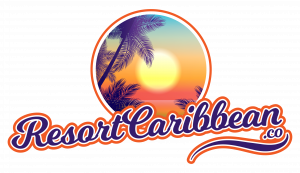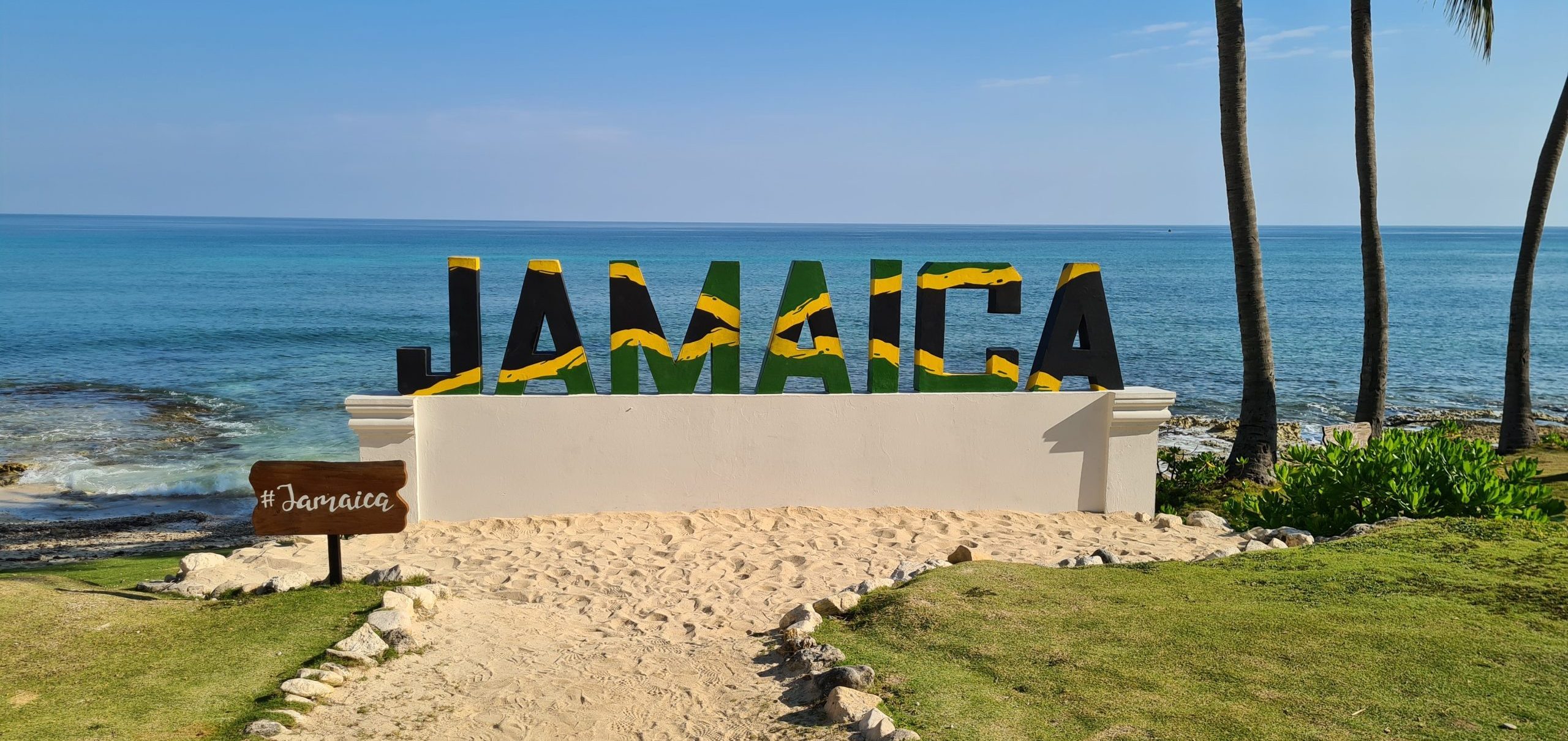Jamaica, the island nation known for its reggae music, golden beaches, and vibrant culture, also has a unique linguistic identity. The Jamaican Patois, colloquially known as “patwah,” is the language of the local populace. It’s a fascinating blend of English, with elements from various African languages and is distinct from the variants of Patois found in other Caribbean countries.
In this guide, we will dive into the colorful world of Jamaican slang phrases, which are rooted in Patois. These phrases are integral to the daily conversations of Jamaicans and are a vital part of their cultural identity.
1. Local Greetings: “Wah Gwaan?”
“Wah Gwaan?” is the Jamaican equivalent of saying “What’s up?” or “How are you?”. It’s a casual greeting you’re bound to hear when you interact with locals or even when you step foot on the island.
Fun fact: Former U.S. President Barack Obama used this greeting during his visit to Jamaica in 2015!
2. Affirmative Responses: “Mi Deh Yah Enuh” and “Ya Mon”
“Mi Deh Yah Enuh,” translating to “I’m here, you know,” is a typical response to “Wah gwaan?”. It conveys the message that “I’m alright,” or “everything’s going well.” Remember, pace and pronunciation are crucial for this phrase!
“Ya Mon,” on the other hand, is a catch-all affirmative response. It’s the Jamaican way of saying “Sure,” “No problem,” or even an enthusiastic “Of course!”.
3. Going Out: “Do Road”
When Jamaicans go out, whether it’s to complete tasks or to have a good time, they say they’re going to “Do Road.” This phrase was popularized globally by Jamaican star Koffee in her song, “Toast.”
4. Taking a Break: “Hol’ a Medz”
If a Jamaican wants to take a break, relax, or contemplate, they would say they need to “Hol’ a Medz.” This phrase, meaning “hold a meditation,” is also used as a response to “Wah Gwaan.”
5. Expressing Exhaustion: “Mash Up”
“Mash Up” is a phrase used to describe something or someone that’s exhausted, damaged, or in chaos. For example, after a long day at work, a Jamaican might say “Mi Mash Up.”
6. Jamaican Term for Friends: “Ma Yute”
In Jamaican patois, friends are often referred to as “Ma Yute,” which is equivalent to the American “bro” or the British “bruv.” This phrase is not just for men; it can be used for women too. The plural form, “Yute Dem,” is used similarly to the term “guys.”
7. Inviting Friends: “Fahwud”
If you want to invite a Jamaican friend somewhere, you can tell them to “Fahwud,” which translates to “come here.” This slang is generally used when the person you’re inviting is far from you.
8. Jamaican Time: “Mi Soon Come”
When a Jamaican says “Mi Soon Come,” they mean they will be right there. However, be warned that the term “soon” can be quite flexible, ranging from a few hours to a day or two. This is a testament to Jamaica’s laid-back island time, which may take visitors some time to adjust to.
9. Accepting Reality: “If a Dirt, a Dirt”
This phrase, translating to “if it’s dirt, it’s dirt,” is a new and trendy slang phrase in Jamaica. It essentially means “it is what it is,” accepting the reality and not attempting to make futile changes.
10. Affirmation and Understanding: “Zeen?” and “Weh Yuh a Seh?”
“Zeen?” is used at the end of a sentence to ensure that the listener understands what has been said. It translates to “seen” and means “got it?” or “ok?”.
“Weh Yuh a Seh?,” translating to “what are you saying?,” is a phrase with two meanings. It can be used as a greeting like “Wah Gwaan,” or after hearing something intriguing or unbelievable, as a way of saying “for real?”
11. Expressing Disbelief: “A Mi Fi Tell Yuh” and “Ignorant”
To express agreement or disbelief with something a Jamaican has said, you can respond with “A Mi Fi Tell Yuh,” which means “I should be the one telling you.” It’s similar to saying “I know right?” in English.
On the other hand, if a Jamaican tells you they’re “Ignorant,” they’re not implying that they’re unintelligent. Instead, “Ignorant” is a slang term for “angry” or “upset” in Jamaica.
12. Ee?
When someone tells you something interesting or unexpected, you can respond with “ee?” This phrase translates to “really?” or “for real?” It’s used to express surprise or disbelief in a positive sense. The pronunciation is key, as it’s a long, drawn-out “e” sound, adding an extra level of emphasis to your reaction.
13. Come gwope
In certain situations, when someone says or does something that makes you shake your head in disbelief, you can tell them to “come gwope!” This slang phrase translates to “come go up” and implies that the person should go away and stop spouting nonsense. It can be said in a serious or playful manner, depending on the context, but it’s usually used in jest.
14. Nah aks Chrise
When you’re absolutely sure of something and want to emphasize your confidence, you can say “nah aks Chrise.” This phrase literally means “not asking Christ.” By stating this, you’re indicating that you’re so certain of the truth that even Jesus himself would confirm it. It’s a lighthearted way of reinforcing your own credibility and certainty.
15. Big man ting
To express honesty and straightforwardness about something, Jamaicans use the phrase “big man ting.” It’s akin to saying “no joke” or “for real.” This phrase can also be used to describe significant achievements or engaging in mature and responsible activities. For example, buying a house is considered a “big man ting”.
16. Dead wid laugh
In the age of texting and social media, it’s common to encounter the abbreviation “DWL” from Jamaicans. This abbreviation stands for “dead wid laugh,” which means “dying of laughter.” Similar to “laughing out loud” (LOL) in English, Jamaicans use “DWL” to convey that something is extremely funny. It’s a way of expressing amusement and joy in online conversations.
20. In Conclusion: “Likkle More”
Finally, when Jamaicans part ways, they say “Likkle More”. This phrase translates to “see you soon,” where “Likkle” is the Patois word for “little.” Just like with “Mi Soon Come,” the “Likkle” in this phrase is quite relative.
Conclusion
Understanding and using these phrases will not only enhance your communication with the locals but also enrich your Jamaican vacation experience. So why wait? Start practicing these phrases, and before you know it, you’ll be speaking like a true Jamaican!
Likkle More!
For recommendations on some of the best times to visit Jamaica, you can check out our guide here.
—
If you’re traveling to Jamaica alone, ensure you take all the necessary measures to keep safe. Read about how you can stay safe while visiting Jamaica. If you decide to visit any resort, be sure to tag us in your photos and videos @resortcaribbean, and follow our socials: Instagram, Facebook, YouTube.






![What You Need to Know before Visiting Azul Beach Resort Negril Jamaica Gourmet All-Inclusive [Resort Review] Azul Beach Resort Pool](https://resortcaribbean.co/wp-content/uploads/2021/09/20210828_091210-2-100x70.jpg)
![Visiting Ocean Coral Spring – One of Jamaica’s Most Famous Resorts [Resort Review] Visiting Ocean Coral Spring - One of Jamaica's Most Famous Resorts](https://resortcaribbean.co/wp-content/uploads/2021/11/20211106_155809-100x70.jpg)
![What is it like Visiting Iberostar Rose Hall Beach, Iberostar Grand Rose Hall, Iberostar Selection Rose Hall Suites? [Resort Review] What is it like visiting Iberostar Rose Hall Beach, Iberostar Grand Rose Hall, Iberostar Selection Rose Hall Suites?](https://resortcaribbean.co/wp-content/uploads/2023/03/20151129_122732-100x70.jpg)